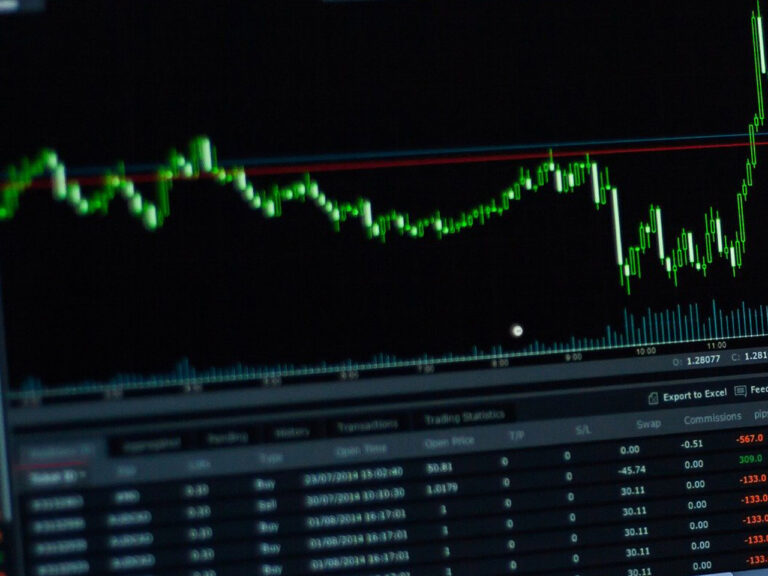BT Group PLC (BT-A.L), a cornerstone of the UK’s telecom landscape, stands at a pivotal moment in its storied history. With a market capitalisation of $16.95 billion, the company is a significant player in the Communication Services sector, specifically within Telecom Services. As investors scrutinise BT’s financial performance and strategic direction, understanding the current dynamics is crucial for informed decision-making.
The current share price of BT sits at 173 GBp, with a minor drop of 0.01%, reflecting a cautious market stance. Over the past year, the stock has fluctuated between 127.10 GBp and 175.35 GBp, demonstrating a degree of volatility that investors should consider when assessing potential risk and reward.
BT’s valuation metrics present a mixed picture. The absence of a trailing P/E ratio suggests either losses or minimal earnings in the past year, while the forward P/E ratio of 949.14 raises eyebrows, possibly indicating an expectation of significant future earnings growth or a recent dip in profitability. The lack of PEG, Price/Book, Price/Sales, and EV/EBITDA ratios further complicates a straightforward valuation assessment.
Performance metrics reveal challenges as well as strengths. The company experienced a revenue contraction of 1.40%, which may be a point of concern for growth-focused investors. However, BT’s return on equity is a respectable 8.29%, which signifies effective management of shareholder equity despite the revenue dip. The availability of free cash flow amounting to over £2.1 billion provides BT with a cushion to weather short-term challenges and invest in future growth initiatives.
Dividend-seeking investors might find BT’s yield of 4.72% attractive, though the payout ratio of 76.32% suggests that a significant portion of earnings is being returned to shareholders. This could impact BT’s ability to reinvest in its business, a factor worth considering given the competitive nature of the telecom sector.
Analyst sentiment on BT Group is varied, with nine buy ratings counterbalanced by four holds and five sells. The target price range of 112.00 GBp to 299.00 GBp reflects divergent views on the company’s potential, with an average target of 196.24 GBp indicating a potential upside of 13.43%. Such a spread suggests both optimism and caution among analysts, highlighting the complexity of BT’s current market position.
Technical indicators add another layer of insight. The stock’s 50-day and 200-day moving averages are 164.80 GBp and 150.76 GBp, respectively, suggesting that BT’s share price is currently trading above these averages, potentially signalling an upward trend. The RSI of 69.14 indicates that the stock is nearing overbought territory, a cautionary note for momentum investors. The MACD and Signal Line values support a positive short-term outlook, but investors should monitor these closely for shifts.
BT Group’s extensive operations span multiple regions and services, from providing broadband and mobile services under the BT, EE, and Plusnet brands to delivering complex connectivity solutions for businesses and governments. This diversified portfolio provides resilience but also demands effective management across varied markets and technological landscapes.
As BT navigates these complexities, investors should weigh the company’s historic strengths against current challenges and future opportunities. With its long-established presence and a commitment to innovation, BT Group remains a company to watch in the evolving telecom sector.






































